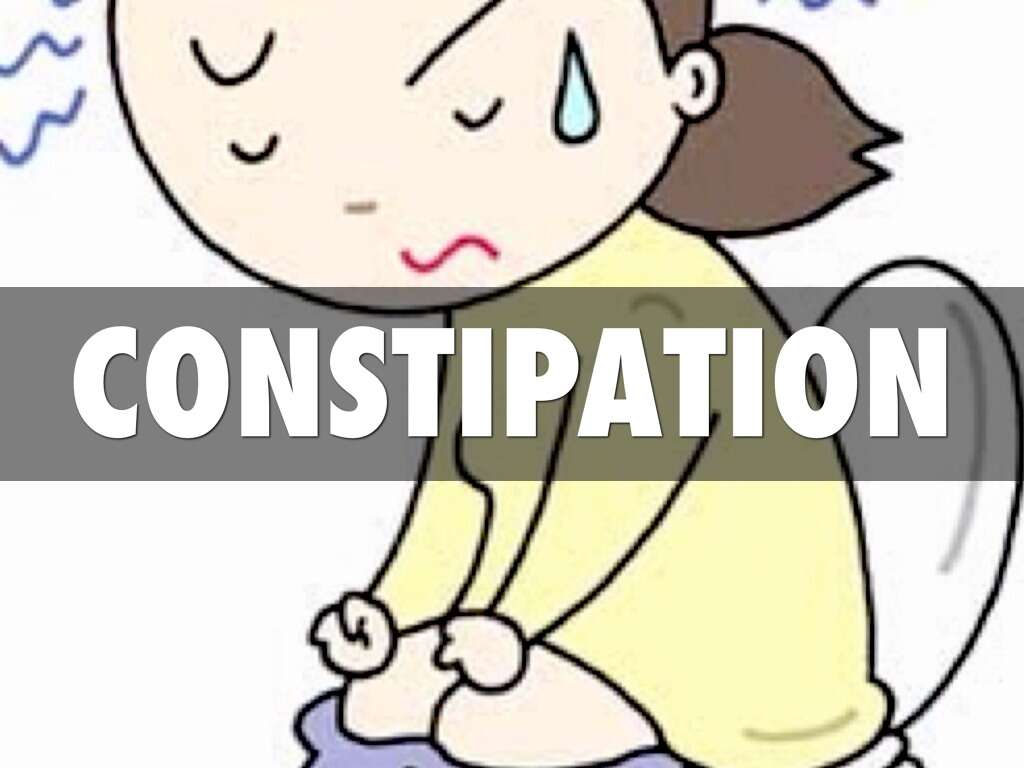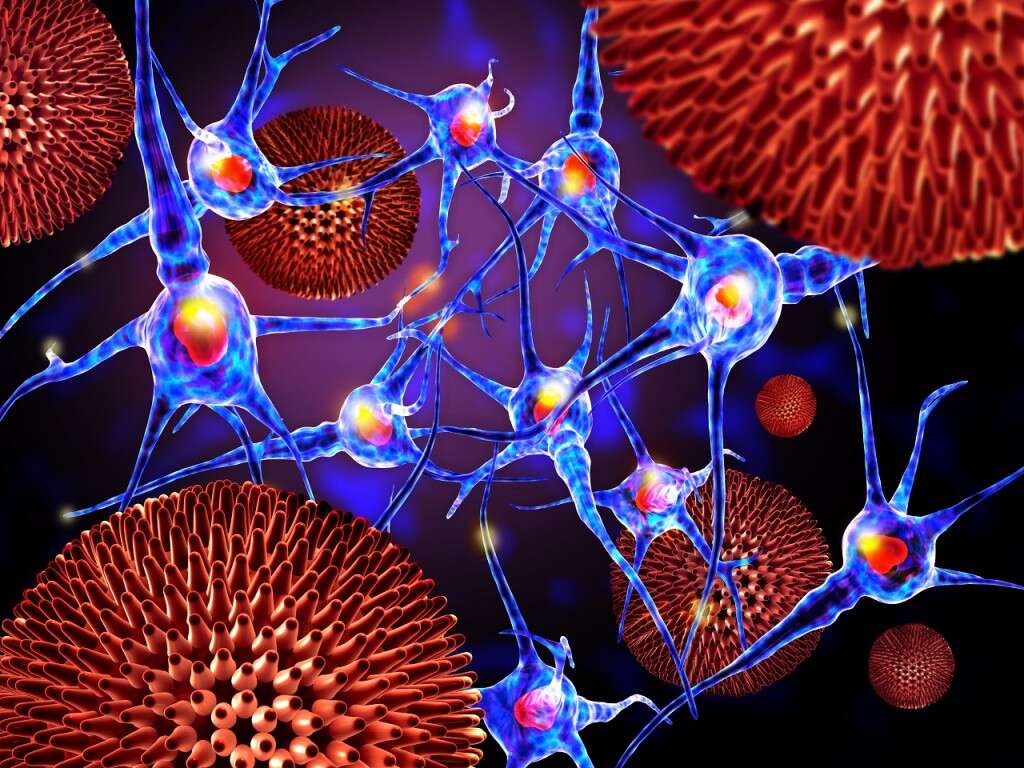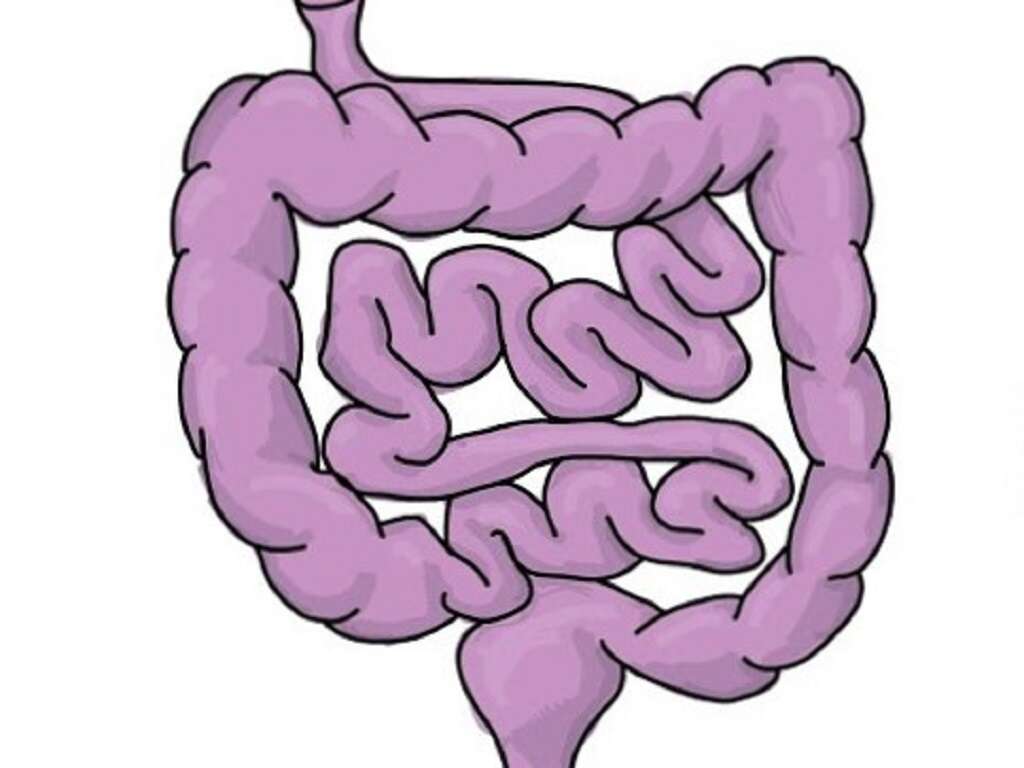10 Symptoms Of Leaky Gut
Leaky gut, also known as intestinal permeability, is a condition where the lining of the small intestine becomes damaged to the point of leaking pathogens, bacteria, and toxic waste into the blood stream. This process triggers the immune system to go into attack mode against any particles considered foreign.
An estimated 80% of people in the US suffer from intestinal permeability. With a leaky gut comes a variety of symptoms affecting many areas of the body. Unfortunately, leaky gut is not well recognized by most practitioners.

Symptom #1: Excessive Fatigue
Our bodies are generally really good at converting food into energy when supplied properly. However, with a leaky gut there is an energy shortage because most of what is ingested comes out of the intestines before it can be absorbed. In such cases, your body is going to use whatever energy it can get to power crucial systems such as your heartbeat.
Another reason for fatigue with intestinal permeability is the release of inflammatory messengers. As your body continues to use energy to fight food it considers dangerous, your energy stores become depleted. The combination of an unnecessary utilization of energy and unabsorbed energy leads to excessive tiredness.

Symptom #2: Arthritis or Joint Pain
Stiff, painful fingers, aching knees or even chronic back pain are all attributed to arthritis and aging. However, general joint pain, especially in younger persons, can be an indicator of a leaky gut. Since leaky guts result in increased inflammation, anyone with a predisposition to inflammation in their joints will feel joint pain as a result of a general increase in inflammatory messengers.
Even in person’s without an autoimmune disorder diagnosis, joint discomfort can be related to a problem in the gut rather than the joint. Healing the gut or avoiding foods that exasperate the issue can help with the joint pain that comes from inflammation.

Symptom #3: Chronic Constipation, Diarrhea, and/or Bloating
Bowel regularity means having a bowel movement anywhere from three times a day to three times a week. Regular bowel movements are a key indication of a healthy gut and a properly functioning digestive system.
When faced with a leaky gut, the way your body handles waste will alter and fluctuate. Often times, people shrug these symptoms off or learn to live with them, when in fact they can be your body’s way of telling you something is wrong. Constipation, diarrhea, and abdominal bloating can be attributed to leaky gut syndrome. These are generally the first symptoms experienced.

Symptom #4: Headaches
Recent research shows that cytokines triggered by leaky gut can travel from the gut, pass through the blood brain barrier to affect mood and also cause headaches. Migraines and headaches are quite frequent in person’s with GI problems. Gut health can have a strong influence on brain health.
This connection is known as the Gut-Brain Axis as the communication between the two effects health and wellbeing. Through this system, a vicious cycle of problems starting from the gut can trigger neurological symptoms in the brain which can result in further gut aggravation.

Symptom #5: Skin Rashes, Acne, Eczema, or Rosacea
Your skin is the largest organ in your body. With leaky gut, the body becomes so focused on basic survival that other parts of the body, like the skin, become somewhat neglected of basic nutrition and energy. These deprived organs therefore begin to show symptoms.
A leaky gut may be the root cause of recurring skin conditions such as rashes, acne, and eczema. Studies suggest that an increased intestinal permeability is a significant issue for acne patients. While the gut is inflamed, skin integrity and protective function decreases as a result of a decrease in natural antimicrobial peptides produced by the skin.

Symptom #6: Food Sensitivities
A leaky gut can both trigger inflammation and be caused by an inflamed gut. Gut inflammation occurs through food sensitivities. When your body considers certain foods as foreign invaders, it creates antibodies to attack itself. This process irritates and inflames the lining membrane of the small intestine.
The main goal for treating a leaky gut is to reduce inflammation by consuming foods that are least likely to trigger inflammatory responses. Eating foods rich in omega-3 fatty acids, such as fatty fish and fish oils, can reduce inflammation while improving the intestinal mucosal lining.

Symptom #7: Nutrient Deficiencies
The primary role of the gut is to absorb all the nutrients from the food you eat so that your body can grow, repair, and function normally. Malabsorption and improper digestion as a result of a leaky gut are both going to lead to nutritional deficiencies. As undigested food escapes from the digestive tract, nutrients are not being absorbed by the body.
More often than not, this manifests as nutritional deficiencies across the board because your small intestine does not have enough time to break foods and access the nutrients before the larger molecules pass through the membrane.

Symptom #8: Memory Loss / Brain Fog
While it is not an official medical term, brain fog is a cognitive dysfunction associated with poor mental function accompanied by confusion, difficulty concentrating, and forgetfulness. In addition to headaches, without the proper nutrients, the brain begins to prioritize vital functions, such as breathing, rather than retaining memory.
As a result, most people who suffer from a leaky gut have a terrible time with short-term memory. Often, they forget easily and have trouble remembering certain facts. The good news is that despite being the problem, the gut-brain axis also offers a solution for regaining mental clarity: improving and healing the gut.

Symptom #9: Depression or Anxiety
Approximately 18% of Americans receive treatment from anxiety and another 8% for depression. Depression is characterized as an intense or long-term feeling the blues or feeling down. Although mental illnesses can result from a host of problems other than intestinal issues, when accompanied with other symptoms, it could be a warning sign of intestinal permeability.
With the lack of food, your brain won’t produce all the hormones you need. One of the hormones considered non-vital is serotonin. A lack of serotonin results in chemical depression where you might be doing okay in life, but things may not seem great.

Symptom #10: Autoimmune Disorders
The cyclical immune and inflammatory response associated with leaky gut can lead to or be associated with some other negative outcomes. Research studies have confirmed that having a leaky gut contributes to autoimmune disorders.
As particles enter the bloodstream and end up where they shouldn’t be, your body begins to target those areas using antibodies. When your body makes antibodies that cross-react with your own body, autoimmunity forms. After an autoimmune disorder develops, more inflammation occurs, and a vicious cycle of inflammation continues on.












